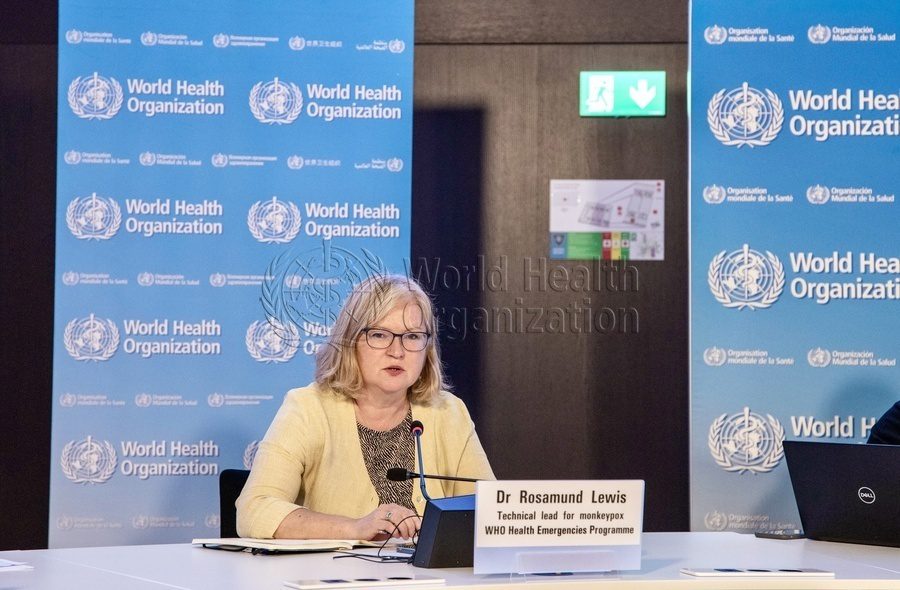
The World Health Organisation declared the monkeypox virus a public health emergency of international concern last Saturday, July 23rd, despite the emergency committee not reaching consensus on the declaration.
The committee split 9-6 against declaring the disease a serious international public health problem, but the committee is only advisory, leaving the final decision in the hands of the WHO director-general, Tedros Adhanom Ghebereyesus. Ghebereyesus explained his reasoning for declaring the emergency status of the recent monkeypox spread at a press conference following the committee’s July 23rd meeting.
“In short, we have an outbreak that has spread around the world rapidly, through new modes of transmission, about which we understand too little, and which meets the criteria in the International Health Regulations,” he said in a statement. “For all of these reasons, I have decided that the global monkeypox outbreak represents a public health emergency of international concern.”
Saturday’s meeting was the second meeting of the advisory committee in approximately a month to discuss the spread of monkeypox. At the first meeting in June, the committee had reached consensus against declaring a public health emergency.
When the committee convened in June, 3,040 cases of monkeypox in 47 countries had been reported to the WHO. By July, the global outbreaks had grown to 16,000 cases in 75 countries and territories, and five deaths, according to the WHO.
“[The] WHO’s assessment is that the risk of monkeypox is moderate globally and in all regions, except in the European region where we assess the risk as high,” Ghebereyesus also said, further explaining his July decision. “There is also a clear risk of further international spread, although the risk of interference with international traffic remains low for the moment.”
Monkeypox is endemic to several African countries. The first cases outside of Africa appeared in Europe in May 2022. Two of the biggest European outbreaks stemmed from a gay pride events. Transmission usually occurs between humans through close personal contact with an infected person. In Europe and the United States, according to the WHO, transmission predominantly occurred among men who engage in sex with men, though an outbreak through a tattoo studio was recently reported in Spain. The disease’s fatality rate is low, 3% to 4%.
The current global outbreak has raised fears about the virus establishing itself beyond Africa.
“Monkeypox is spinning out of control & could become endemic outside of Africa,” Lawrence Gostin, director of the O’Neill Institute for National and Global Health Law, tweeted on Friday.
Politico reports that the current global outbreaks are puzzling because in some places monkeypox has appeared in the population without any clear connection to places where the virus is endemic, such as having been brought through a traveller.
Nevertheless, nine of the committee members saw limited reason for concern, at least for now.
The report of the emergency committee that failed to reach consensus was released on Saturday as well. It clarified four key arguments against granting emergency status to the outbreak: 1. the global risk assessment had remained unchanged since the last meeting; 2. the greatest burden of the outbreak remained in Europe and the Americas where it is also showing early signs of a stabilisation; 3. most cases were occurring in men who have sex with men; and 4. the low severity of the disease.
The European Commission has secured over 160,000 jabs for the disease, Politico also reports.
On Friday, the European Medicines Agency recommended that the smallpox vaccine Imvanex’s licence, a vaccine created by Bavarian Nordic and approved by EMA in 2013, could also be used against monkeypox.
Concerns have also been raised that the European and American rush for monkeypox vaccines will, as with COVID-19 vaccines, deprive Africa of supplies.
